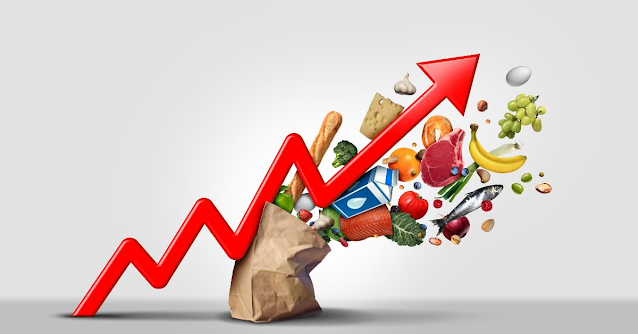Kavan Choksi: Why is the Fed Focused on Inflation?
Kavan Choksi on the Fed's Role Amid Rising Inflation
If you've been to the grocery store or mall lately, then you know how expensive things are becoming. Every time you turn around, the prices are higher, and your money doesn't seem to go as far as it used to. You may be wondering why this is happening. Well, the answer is inflation. This economic phenomenon has plagued countries throughout history, causing their currencies to become almost worthless. So the next time you're at the cash register, and the total seems more than you bargained for, you can thank inflation. |
Image source:
currencytransfer.com |
Kavan Choksi says that inflation happens when the prices of many goods increase simultaneously and continue to increase. Changes in the supply and demand for items can increase the price of individual goods and services. For example, the price of bananas can change because of a storm, or the parking rate at a stadium can increase because of a concert. These price increases are not examples of inflation because high prices won't last long. First, the prices of bananas and parking will most likely return to normal when conditions change. In the second place, we're only talking about two items. The Federal Reserve (often shortened to the Fed) isn't worried about the price increase of two things; it's concerned about the price increase of many items.
 |
Image source:
netsuite.com |
The Fed was established to foster a stable monetary and financial system. Congress gave the Fed the mission to keep prices stable. According to Kavan Choksi, the Fed needs to maintain a rate of inflation of 2 percent per year to keep prices from rising and falling too quickly.
The Fed controls inflation by controlling interest rates. When inflation is too high, the Fed raises interest rates to discourage public spending and decrease prices. High-interest rates make loans more expensive. Kavan Choksi notes that fewer people and businesses can afford to borrow when interest rates are high. The economy is likely to experience a slump in consumption and investment. But, to lower inflation, the Fed will allow the economy to head into recession.
Read more posts on global finance, business, and economics from Kavan Choksi by clicking here.


Comments
Post a Comment